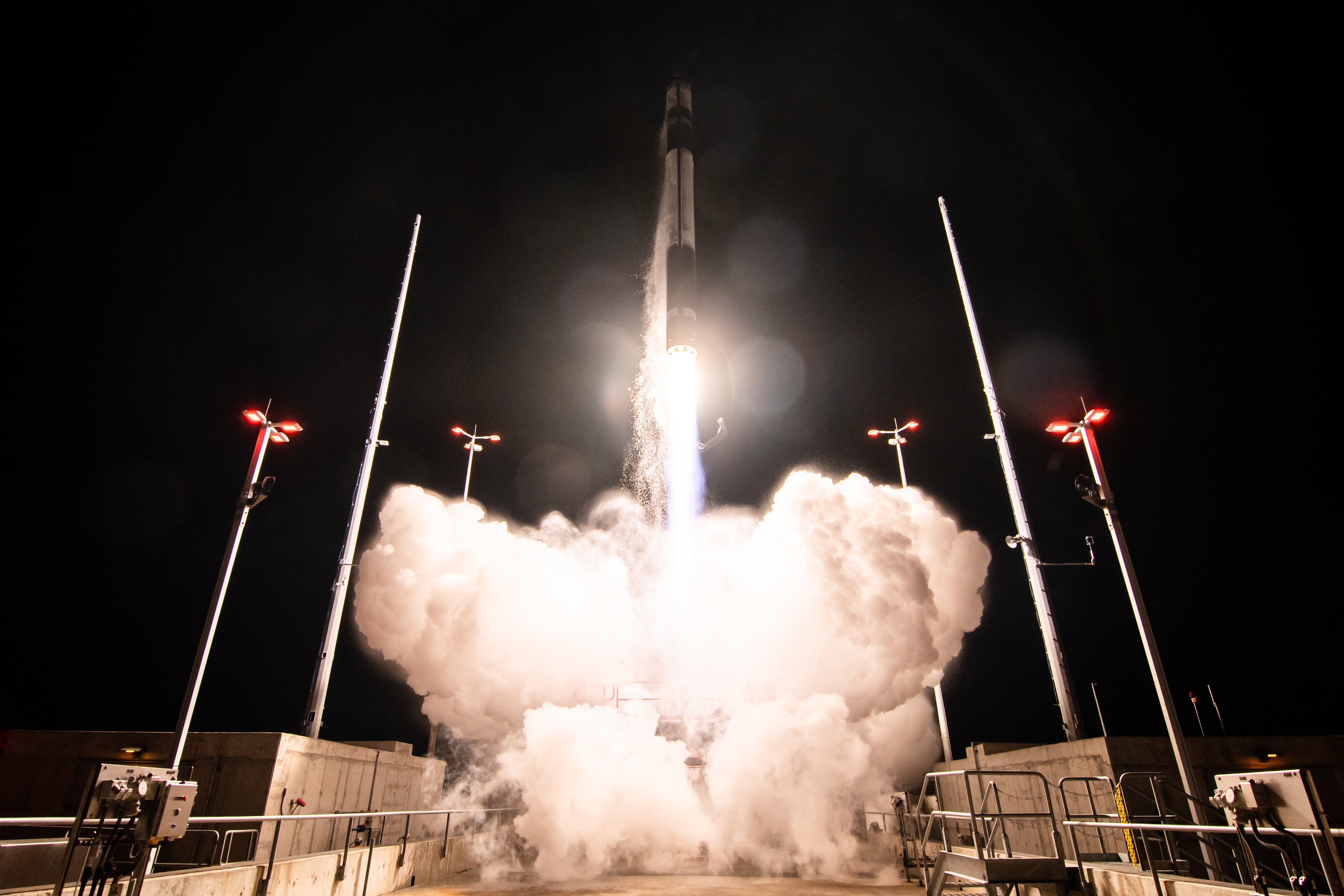The six officers at Minot Air Force Base, N.D., who were fired Monday were relieved of command after their units failed a nuclear surety inspection, a defense official revealed Wednesday.
Col. Gregory Mayer, who ran the 5th Mission Support Group at Minot; Maj. Jonathan Welch, the 5th Logistics Readiness Squadron commander; and four unnamed subordinates lost their jobs due to a “loss of confidence” in their ability to lead, Air Force Global Strike Command said in a short release Monday.
The group was in charge of caring for the infrastructure, fuel and logistics support at Minot, the only Air Force installation that houses two legs of the nuclear triad — ballistic missile silos and strategic bombers.
The defense official, who was not authorized to discuss details of the firings publicly and spoke on condition of anonymity, said the dismissals were based on noncompliance with safety regulations for vehicles and equipment. CNN also reported Wednesday that there is no indication that the failed nuclear surety inspection was related to the handling of a nuclear weapon itself.
While the decision to relieve the officers of command was based on the results of one safety inspection, the units had not been compliant for some time. the defense official told AP.
That official said the dismissals reflect the tougher line the Air Force has taken on discipline within its nuclear ranks, which have weathered a series of safety concerns and controversies.
In 2007, a B-52 Stratofortress took off from Minot mistakenly loaded with six nuclear-armed AGM-129 cruise missiles and flew across the country to Barksdale Air Force Base in Louisiana. In 2014, a nuclear safety inspections cheating scandal at Malmstrom Air Force Base in Montana embroiled scores of missileers and officers, and in 2016, investigators busted an LSD drug ring at F.E. Warren Air Force Base in Wyoming.
Minot, Malmstrom and F.E. Warren are home to a total of 450 silo-based Minuteman III intercontinental ballistic missiles.
In a statement about the firings, Maj. Gen. Andrew J. Gebara, commander of 8th Air Force, said the responsibilities for the nation’s warheads were a “no fail” mission.
“We have very deliberate and disciplined inspection protocols and we expect 100% compliance. It’s that important to us and anything below that threshold is unacceptable,” said Air Force Col. Brus Vidal, a spokesman for Global Strike Command, which is responsible for silo-based and bomber-launched nuclear weapons.
“The purpose of the Air Force Nuclear Weapons Surety Program is to incorporate maximum nuclear weapons surety, consistent with operational requirements, from weapon system development to target or dismantlement,” according to Air Force doctrine. “This program applies to materiel, personnel and procedures that contribute to the safety, security and control of nuclear weapons, thus assuring no nuclear accidents, incidents, loss or unauthorized or accidental use.”
Air Force Times staff contributed to this report







